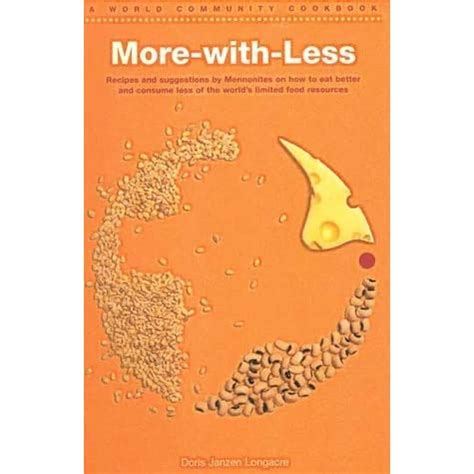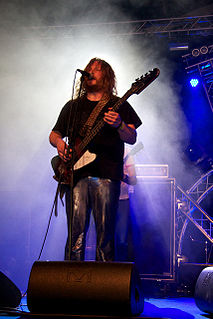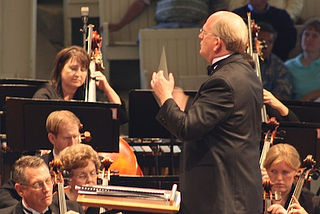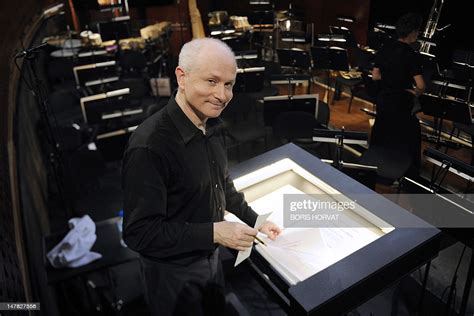A Quote by Edward Sapir
A standard international language should not only be simple, regular, and logical, but also rich and creative.
Related Quotes
I sing only in Meronian - my own language - but there are also elements of English and Finnish languages in our songs. When we use the spiritual Meronian language, the word 'international' doesn't do justice to our band. This kind of psychic language's means of communication can reach galaxies beyond our planet, not to mention the other living and inanimate entities of our own planet.
When you depart from standard usage, it should be deliberate and not an accidental lapse. Like a poet who breaks the rules of poetry for creative effect, this only works when you know and respect the rule you are breaking. If you have never heard of the rules you are breaking, you have no right to do so, and you are likely to come off like a buffoon or a barbarian. Breaking rules, using slang and archaic language can be effective, but it is just as likely to give you an audience busy with wincing.
The United Nations remains the sole universal international organisation designed to maintain global peace. And in this sense it has no alternative today. It is also apparent that it should adapt to the ever-changing world, which we discuss all the time: how it should evolve and at what rate, which components should undergo qualitative changes. Of course, I will have to or rather should use this international platform to explain Russia's vision of today's international relations, as well as the future of this organisation and the global community.
I believe that the creative impulse is natural in all human beings, and that it is particularly powerful in children unless it is suppressed. Consequently, one is behaving normally and instinctively and healthily when one is creating - literature, art, music, or whatever. An excellent cook is also creative! I am disturbed that a natural human inclination [creative work] should, by some Freudian turn of phrase, be considered compulsive - perhaps even pathological. To me this is a complete misreading of the human enterprise. One should also enjoy one's work, and look forward to it daily.
It's not only that I want to get things right when I'm composing but that my imagination often gets lost, and then I have to wait until I come back to the path. I think there's an internal force that makes a piece logical from beginning to end; I like to tell stories in music that are unexpected but also logical.



































